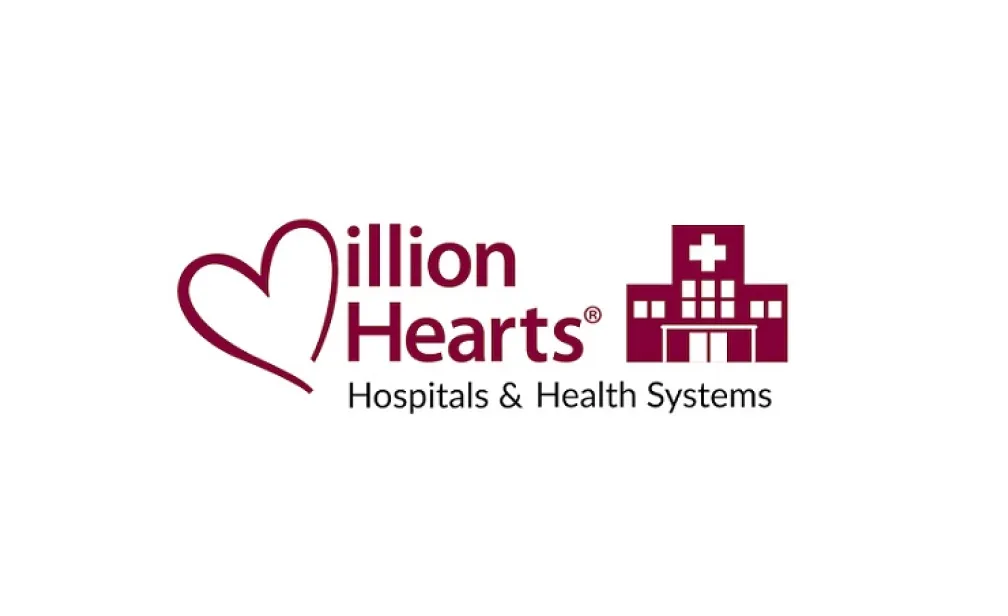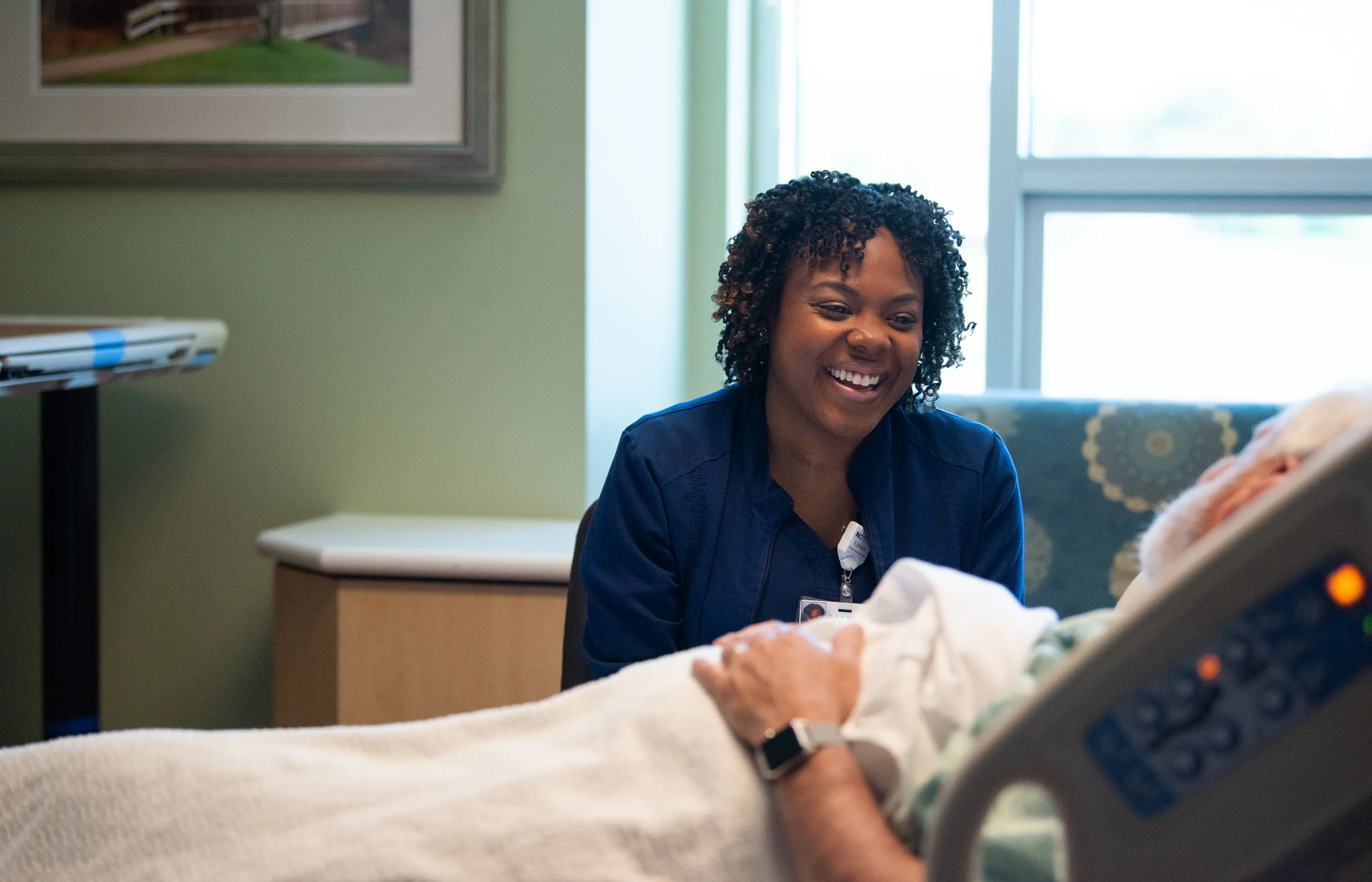Expert Stroke Care and Recovery Services
Suspect a Stroke? Call 911 Now.
A stroke is an emergency, and every second counts. The faster you can recognize you are having a stroke and get to a hospital emergency room, the greater your chances for survival and successful rehabilitation.

Life-saving Treatment Times, Comprehensive Stroke Centers, Advanced AI Technology
The national standard for stroke diagnosis and treatment is 60 minutes. On average, Novant Health does it in 38 minutes, thanks to artificial intelligence (AI) powered imaging tools that enable us to begin treatments within 28 minutes on average.
These lifesaving, treatment-time statistics have earned us national recognition for excellence in treating the two types of strokes:
- Ischemic - caused when blood flow to the brain is restricted, often due to an arterial blockage. These account for nearly nine in 10 strokes.
- Hemorrhagic - caused when a blood vessel in the brain ruptures and bleeds. These account for approximately one in 10 strokes.
Certified Comprehensive Stroke Centers
Novant Health is proud to offer comprehensive stroke centers certified for having an elite medical staff and superior stroke units qualified to care for patients with complex stroke issues. To be considered for such certifications, comprehensive stroke centers must also perform a minimum number of specific advanced procedures every one to two years to treat brain aneurysms and ischemic strokes.
Our comprehensive stroke centers are:
- Presbyterian Medical Center in Charlotte – certified by The Joint Commission
- Forsyth Medical Center in Winston-Salem – certified by The Joint Commission
- New Hanover Regional Medical Center in Wilmington – certified by DNV
Each center has a neurointensivist, neuroradiologist, neurologist, and neurosurgeon available 24/7.
Joint Commission Stroke Center publicly reported outcomes data can be viewed on our Quality Outcomes page.
Primary Stroke Centers
In addition to our comprehensive stroke centers, we have primary stroke centers also certified by The Joint Commission. Each center houses designated beds for acute care of stroke patients and an acute stroke care team which is available 24/7. Patient performance is closely monitored and tracked against 11 clinical performance standards. Those who require neurointerventional procedure are transferred within two hours to one of our three comprehensive stroke centers.
Our primary stroke centers are:
- Coastal Carolina Hospital
- East Cooper Medical Center
- Hilton Head Medical Center
- Huntersville Medical Center
- Matthews Medical Center
- Kernersville Medical Center
- Rowan Medical Center
- Thomasville Medical Center
Advanced Artificial Intelligence Technology
As a leader in stroke care treatment times, Novant Health has partnered with VIZ.ai to bring the first computer-aided triage system approved by the U.S. Food & Drug Administration to the Carolinas.
Using this technology, stroke care specialists upload your CT scans to an artificial intelligence platform to quickly identify blockages in the main arteries of the brain that cause large vessel occlusion stroke (or LVO stroke). This enables our acute stroke care team to determine the cause and severity of your condition – and begin treating it - quickly.
VIZ.ai technology has been deployed throughout the system, building on our commitment to provide access to the most advanced stroke care - in record time.

Award-Winning Stroke Care
Novant Health or its medical centers have received the following awards for the high level of stroke care we provide.
- Million Hearts Health System Award, Centers for Disease Control and Prevention and Centers for Medicare & Medicaid Services.
- Get With the Guidelines- Stroke: Gold Plus, American Heart Association and the American Stroke Association

Advanced stroke treatment: how we do it
To ensure you receive the best possible care, all our stroke centers:
- Collaborate with emergency medical services (EMS). Local EMS agencies alert us the moment they identify potential stroke patients so we can be ready to perform a CT scan within minutes of your arrival at the emergency room.
- Use AI-assisted triage: We upload your CT scans to an artificial intelligence platform to quickly identify blockages in the main arteries of the brain that cause large vessel occlusion stroke (or LVO stroke). This enables our acute stroke care team to determine the cause and severity of your condition – and begin treating it - quickly.
- Operate 24/7: We can have an acute stroke team at your bedside within minutes and begin performing neurosurgery within two hours of your arrival any time day or night. This means treatments, including medications that dissolve blood clots (IV thrombolytics) can begin sooner.

Stroke recovery and rehabilitation therapies
At Novant Health your recovery from a stroke starts as soon as possible after your stroke treatment. Our specialized nursing team, physical and occupational therapists and speech and language therapists help you recover as much of your previous abilities and functions as possible.
